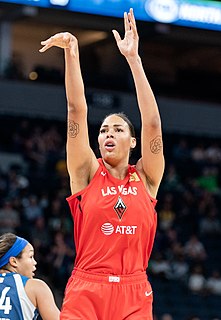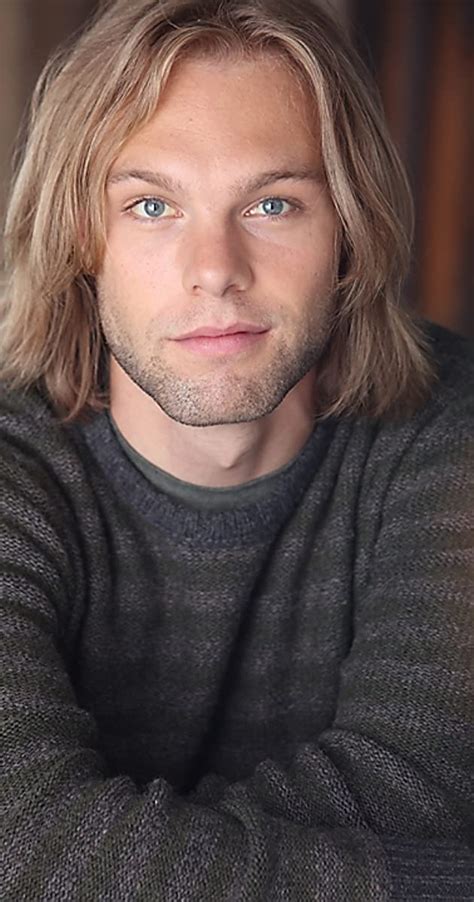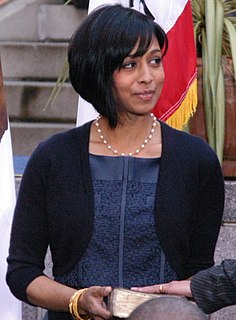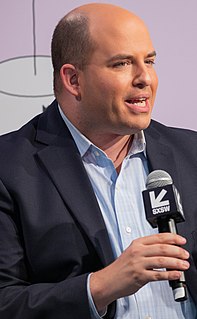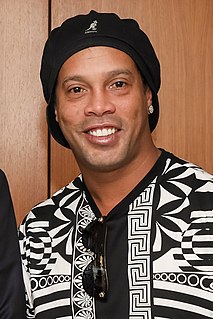A Quote by Thomas Friedman
When widely followed public figures feel free to say anything, without any fact-checking, it becomes impossible for a democracy to think intelligently about big issues.
Related Quotes
I think, at some level, we see young people all over the country mobilizing around different issues, in which they're doing something that I haven't seen for a long time. And that is, they're linking issues together. You can't talk about police violence without talking about the militarization of society in general. You can't talk about the assault on public education unless you talk about the way in which capitalism defunds all public goods. You can't talk about the prison system without talking about widespread racism. You can't do that. They're making those connections.
Looking at polls of Arab public opinion, you look at popular figures, the most popular figure is the prime minister of Turkey, Erdogan, and then it goes down the list. You get Osama Bin Laden, Saddam Hussein, you don't get Obama, or in fact any western leader. The public doesn't want the whole imperial project. So if you had democracy, it would be all over.
But we either believe in democracy or we don't. If we do, then, we must say categorically, without qualification, that no restraint from the any democratic processes, other than by the ordinary law of the land, should be allowed. If you believe in democracy, you must believe in it unconditionally. If you believe that men should be free, then, they should have the right of free association, of free speech, of free publication. Then, no law should permit those democratic processes to be set at nought.
I think that issues of gender have been discussed widely at Harvard. But I think I was chosen clearly on the merits, and I wish to operate as president on the merits. I think, on one level, we might say that I can affirm that women have the aptitude to do science or to do anything, including being president of Harvard.
I grew up with the understanding that the world I lived in was one where people enjoyed a sort of freedom to communicate with each other in privacy, without it being monitored, without it being measured or analyzed or sort of judged by these shadowy figures or systems, any time they mention anything that travels across public lines.



